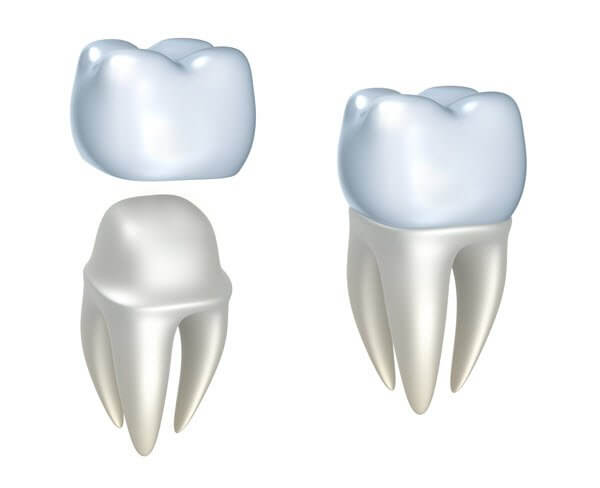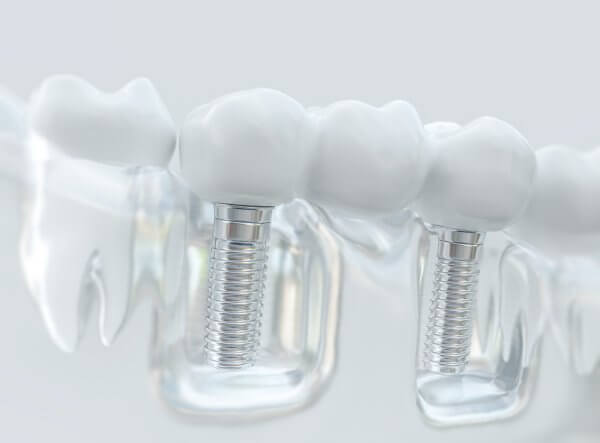Part of our job in delivering excellent dental care is to debunk old myths surrounding dentistry and certain dental procedures such as root canal treatments. Our innovative and modern technology, partnered with our “no surprises” approach to your treatment, work hand in hand to provide you with exceptional dental care.
What is root canal treatment?
Root canal treatment (endodontic treatment) fixes problems with a tooth’s soft core or dental pulp. Dental pulp lies within the tooth, extending from the crown of the tooth to the tip of the root. It contains nerves, connective tissue, and blood and lymph vessels which provide oxygen, nutrients, and feeling to the tooth. It also regulates the growth and development of the tooth during childhood.
Root canal treatment involves removing inflamed, diseased, or dead pulp from the pulp chamber and root canals of a tooth and replacing it with a filling in order to prevent the tooth from being extracted.





